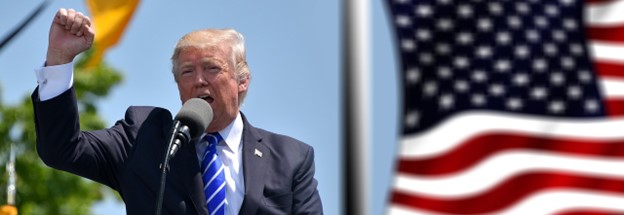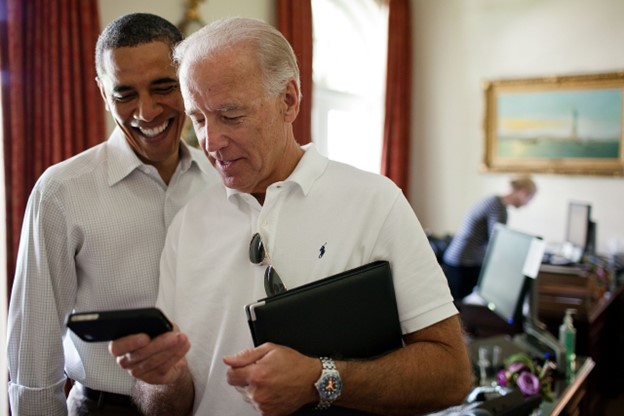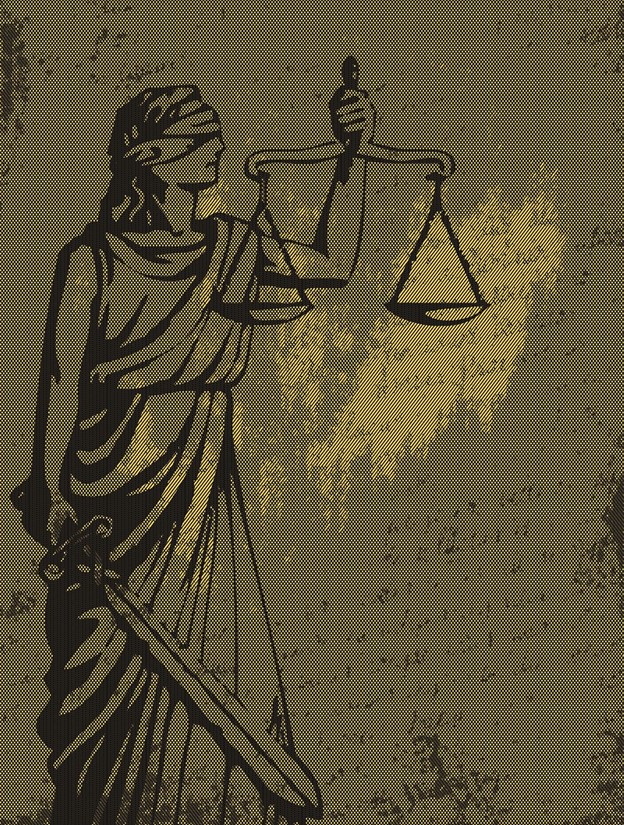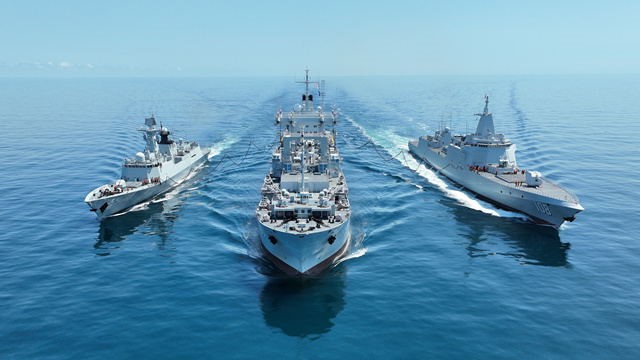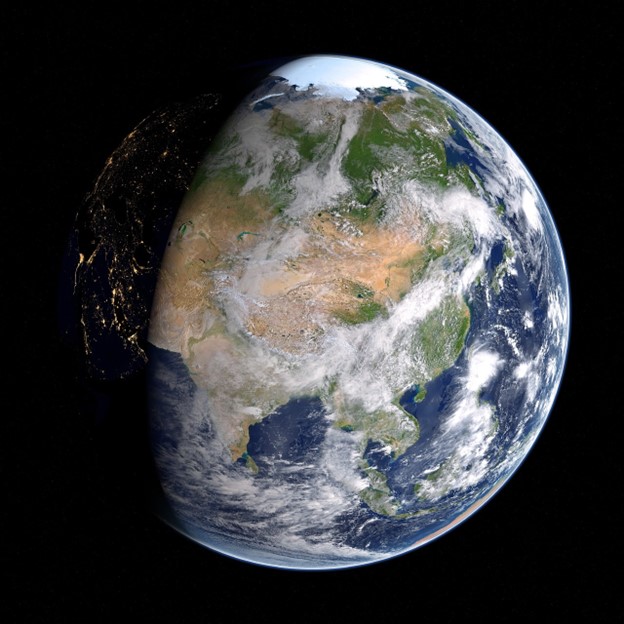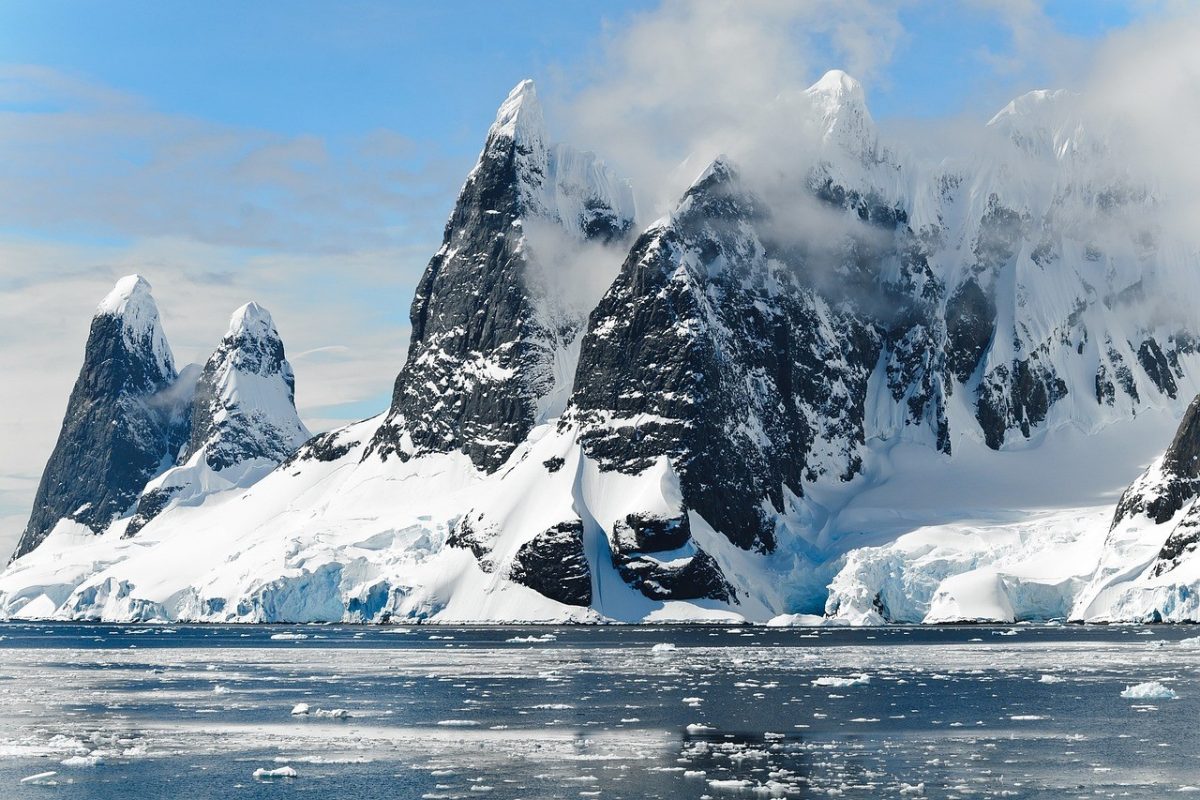The late Hall of Fame catcher for the New York Yankees, Yogi Berra, was famous for his “unique and witty observations” such as “nobody goes there anymore. It’s too crowded,” and “when you come to a fork in the road, take it.” He also claimed, “I didn’t really say everything I said,” however, there is one phrase Yogi coined that applies to the Indictment filed by Fulton County, Georgia District Attorney Fani Willis against former President Donald Trump; “It’s deja vu all over again.”
In October of this year, we discussed the similarity between the second impeachment of the 45th President and the charges brought by Special Counsel Jack Smith in his second federal indictment of Donald Trump. A review of the indictment brought by Willis shows a strong identity between many of the “criminal” acts alleged by Smith, and those cited by Willis.
The Georgia indictment can be viewed here Meanwhile, Smith’s federal indictment can be viewed here.
Unfortunately, it is perfectly legal for a state prosecutor to bring charges under state law for the same or similar conduct that is the subject of a federal prosecution, or vice versa. As stated by University of Georgia law professor John Meixner, a former assistant U.S. attorney, “the federal and state are…separate sovereigns where each can do what they choose.”
Granted, there are also significant differences between the Georgia Indictment and Smith’s federal charges. While Smith charges Trump, and Trump alone, with several counts of Conspiracy, Willis’ takes the extra step of using Georgia’s Racketeer Influenced and Corrupt Organizations Act (RICO) to prosecute Trump and 18 “co-conspirators.” Smith notes there are “unindicted co-conspirators,” but he does not name or charge them in his indictment.
Under Georgia Code Section 16-14-4, “(a) It shall be unlawful for any person, through a pattern of racketeering activity or proceeds derived therefrom, to acquire or maintain, directly or indirectly, any interest in or control of any enterprise, real property, or personal property of any nature, including money. (b) It shall be unlawful for any person employed by or associated with any enterprise to conduct or participate in, directly or indirectly, such enterprise through a pattern of racketeering activity. (c) It shall be unlawful for any person to conspire or endeavor to violate any of the provisions of subsection (a) or (b) of this Code section.”
Under Georgia law, “Racketeering is defined as the illegal use of force, violence, or economic or political power to control or extort an enterprise. In the context of Georgia law, it is illegal to engage in a pattern of activity that includes at least two acts of racketeering activity within a 10 year period. The activities may include bribery, extortion, fraud, obstructing justice, counterfeiting, and trafficking in stolen property, among others.”
There are 41 counts alleged in the Georgia indictment, 13 of which specifically name the former President. These include the violation of the Georgia RICO statute, “Solicitation of Violation of Oath by Public Official,” “Conspiracy to Commit Impersonating a Public Official,” “Conspiracy to Commit Forgery,” “Conspiracy to Commit False Statements and Writings,” “Filing False Documents,” and making “False Statements and Writings.” Trump is alleged to have “unlawfully conspired and endeavored to conduct and participate in, directly and indirectly, (an) enterprise through (a) pattern of racketeering activity.”
In defining the “racketeering enterprise,” the Fulton County DA alleges that “(t)he enterprise constituted an ongoing organization whose members and associates functioned as (a) continuing unit for (the) common purpose of achieving the objectives of the enterprise. The enterprise operated in Fulton County, Georgia, elsewhere in the State of Georgia, in other states, including, but not limited to, Arizona, Michigan, Nevada, New Mexico, Pennsylvania, and Wisconsin, and in the District of Columbia. The enterprise operated for (a) period of time sufficient to permit its members and associates to pursue its objectives.”
This explanation sounds very much like the description for a perfectly legal organization – Donald Trump’s 2020 re-election committee – with a perfectly legal goal; the re-election of the President.
This is one of the issues that brings the most criticism to the overbroad Georgia RICO statute – ANY organization could fit the bill of a “racketeering enterprise.” But under the statute, it is the actions of the members of the enterprise that make it a criminal organization, not its structure alone.
The Report concludes tomorrow
Judge John Wilson (ret.) served on the bench in NYC
Illustration: Pixabay
